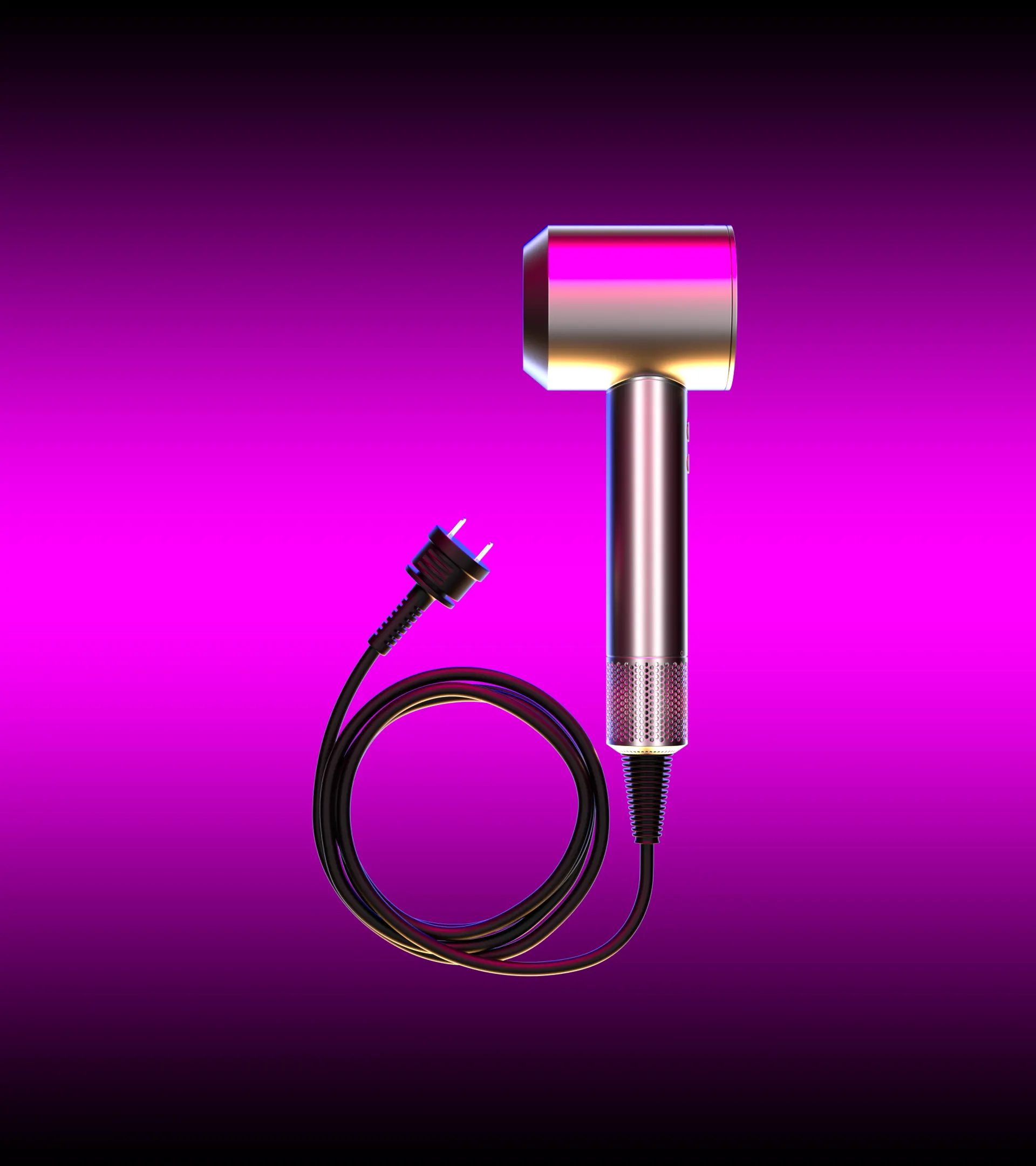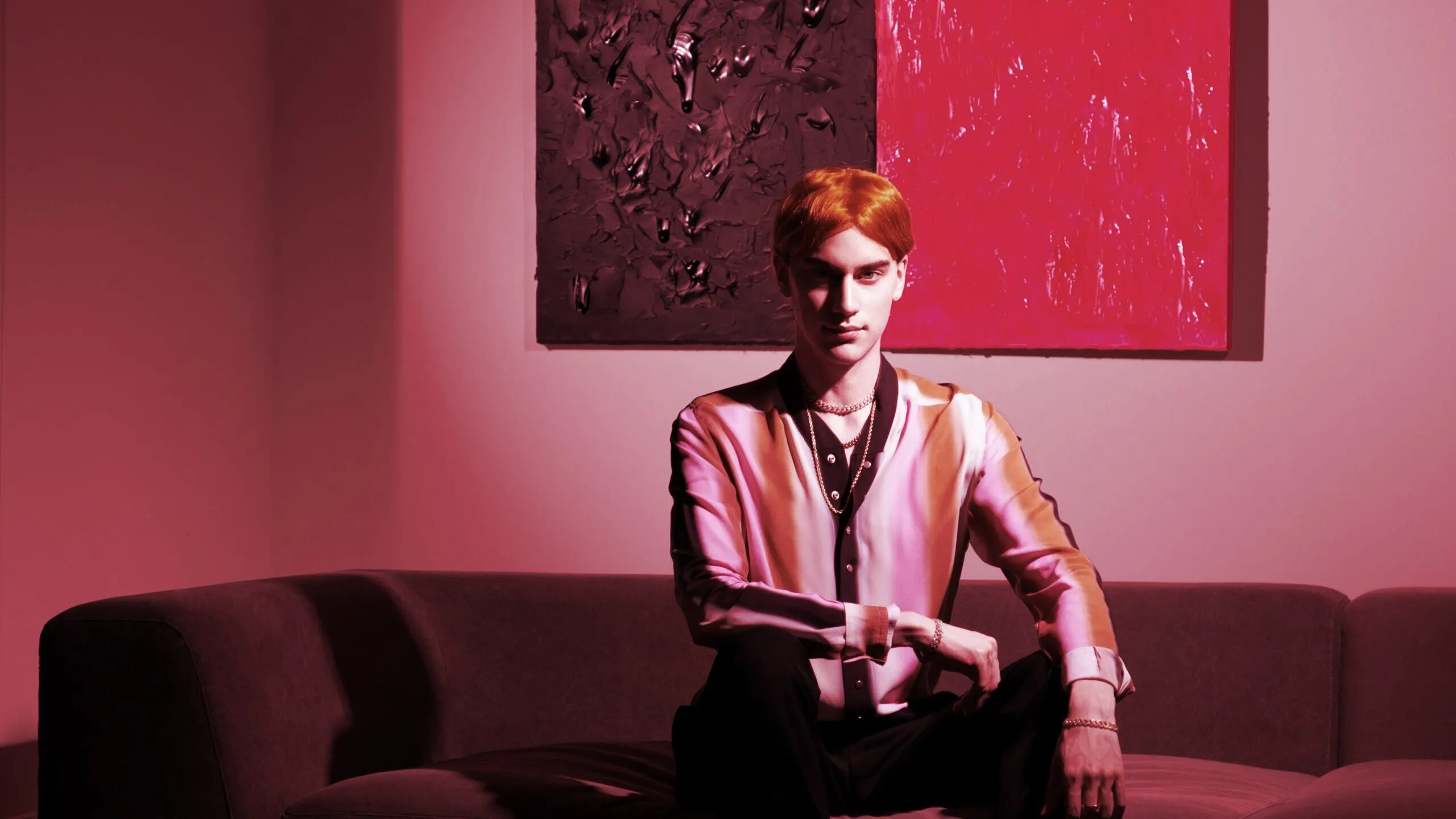For musician and visual artist Jimmy Edgar, NFTs are intangible—but that’s not a bad thing.
In the music world, Edgar has worked with the likes of Vince Staples, Charli XCX, Miguel, Machinedrum, and remixed Lady Gaga’s “Babylon.” But he’s also branched out on his own with NFTs.
Edgar is releasing an Ethereum NFT collection on August 11 called OXYGEN, which consists of 13 artworks that play with the viewer’s conception of the immaterial, liquid, air, and consumerist symbols of adulthood.
“Through a metaphysical process that Jimmy coins ‘digital condensation,’ the imagination solidifies as literal objects,” a press release reads.
The NFTs will be displayed at the Vellum LA NFT gallery in a solo exhibition in Los Angeles from August 11 until September 11 and will also be sold on NFT marketplace Foundation. Alice Scope and Sinziana Velicescu curated the exhibition.
I'm beyond excited to share my first ever solo exhibition with all of you! @vellumla
𝗢𝗫𝗬𝗚𝗘𝗡
☁️ 13 new works on display
☁️ Opening reception Aug 11 pic.twitter.com/sRZLk3K7qe— JIMMY (@JIMMYEDGAR) August 1, 2022
NFTs—unique blockchain tokens that signify ownership—are connected to the digital art they authenticate. Edgar is comfortable with the abstract concepts of the blockchain and digital tokens in part because the OXYGEN NFTs deal so directly with the idea of immateriality and the potential state changes of matter.
“I see Ethereum as like a layer of the medium of the art,” he told Decrypt in an interview, adding that Ethereum NFTs essentially function as “a super futuristic certificate of authenticity” for digital art.

Like the OXYGEN collection, Edgar’s previously released NFT collections OBJECTZ and OPTIONZ also incorporate 3D-rendered images, surrealist physicalities, punchy color gradients, and sometimes draw inspiration from artist Jeff Koons.
“There’s always a little bit of humor in my art,” Edgar said of his work. “There’s always a little bit of sarcasm.”
Edgar first got into NFTs in early 2021. His friends in the music industry had become excited about the potential of NFTs, and Edgar was quick to get on board with the idea but wanted to apply it to visual art.
“My entire life is pretty much existing in the digital realm,” he said, reflecting on why digital art is so important to him.
And immateriality—the idea that something can exist as a “non-object” without physicality—doesn’t devalue NFTs for Edgar. Instead, he views it as a part of the evolution of thought and visual art, and the intangibility of digital assets is a theme explored in his work.
“We’re kind of like this generation that’s passing into the immaterial—we’re moving up the dimensions and becoming more immaterial,” he said. “I have a lot of patience and conviction for cryptocurrency as a digital medium.”

When it comes to music, Edgar views songs as like unseeable sculptures.
“I always saw music as sculpting in a way,” he shared. “Music is somewhat immaterial in the way that you don’t see it, you just feel it and hear it.”
While he sees immense potential for visual art NFTs, Edgar doesn’t feel the same way about the current NFT applications for music—so don’t expect any songs from him to drop on the NFT music platform Royal or elsewhere anytime soon.
“I have seen, you know, a lot of talk and hype about music NFTs, but I am extremely skeptical of dropping songs of NFTs. I just feel that music is so devalued right now that it’s not really relevant, it doesn’t really make sense,” he said.
But Edgar—whose music background is primarily in DJing and producing—thinks music NFTs could work if they’re thought of as community assets.
“For NFTs to work with music in the future, I envision a platform where musicians are able to make music, make sounds, trade them, sell them, collect them, and it creates a new community.”

